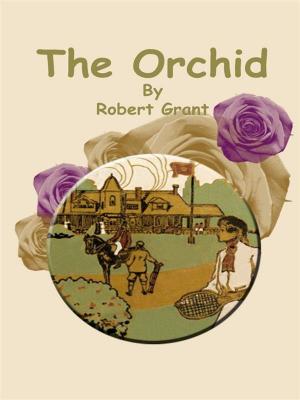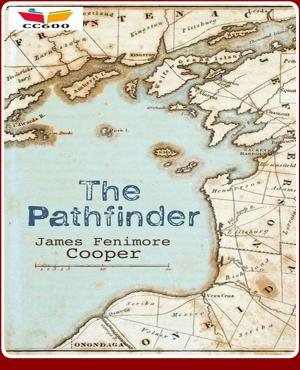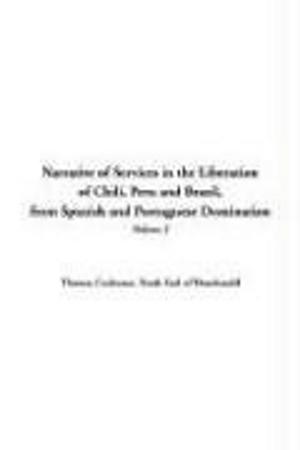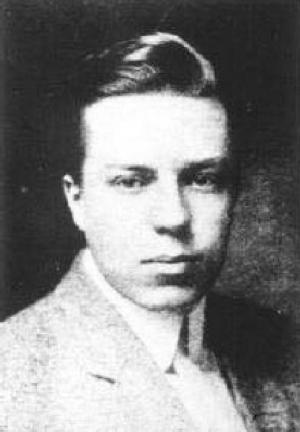| Author: | Jan Needle | ISBN: | 1230000002626 |
| Publisher: | Skinback Books | Publication: | July 13, 2012 |
| Imprint: | Language: | English |
| Author: | Jan Needle |
| ISBN: | 1230000002626 |
| Publisher: | Skinback Books |
| Publication: | July 13, 2012 |
| Imprint: | |
| Language: | English |
It struck him suddenly that they were boats, high-speed inflatables with plumes of water at the front and foaming fountains dragged along behind. They were packed with crouching men, with AK47s, hand grenades, and they were racing straight towards him, across a deep-green sea. He heard an enormous crash, an explosion then a scream, and smoke rolled across him for a long second. When it cleared, Jim saw someone die.
Most people think Treasure Island is a masterpiece – and not just for children or the young. Underneath its high adventure surface is a driving narrative of greed, ambition, and a ruthless desire to wallow in dead people’s money. Money that was torn from them originally by the piracy of brutal and completely heartless men.
Strangely, the people behind this single-minded search for ill-gotten wealth are usually seen as ‘the good guys’ – pillars of their society like a magistrate and doctor, and a landed gentleman. They put some money into a small fast ship, and crew her with the cheapest, most appalling dockside scum it is possible to imagine. Why? Because they know their mission is dubious, almost certainly illegal, entirely immoral. And as a figleaf, perhaps, they take along with them an innocent young boy, who has had the misfortune to find the key to all the treasure.
All this is cynical enough, perhaps. But to run such a crew of thugs and murderers, they employ a man who everybody in the port of Bristol knows is a charming, charismatic monster – Long John Silver. He alone can control them, and his most usual method is murder. The younger and more honest the victim, the more inevitable will be his death.
That is Treasure Island as it was written, and many writers have longed to carry the great story on. Most have attempted it through sequels, but have stumbled on the fantastic subtlety of the original. They assume that the respectable men behind the venture are by definition good, the pirates by definition beyond the pale. Most of all, they fail with Long John Silver. It is a truism that he is ambiguous, but the depths of ambiguity are limitless. Jim Hawkins loves him, so he cannot, surely, be all bad? But Jim Hawkins hates him, too, and this is apparently too difficult for the modern mind.
This version then, is not a sequel. It is an attempt to re-imagine the circumstances, characters and events in the way Jan Needle re-imagined The Wind in the Willows in his earlier best-seller Wild Wood. Set in the world today, its protagonists are more akin to Somali raiders than to quaint eighteenth century men in funny clothes. The cruel struggles that scar the Caribbean now, with their drug lords, guns, rape, violence and terror are the backdrop.
It struck him suddenly that they were boats, high-speed inflatables with plumes of water at the front and foaming fountains dragged along behind. They were packed with crouching men, with AK47s, hand grenades, and they were racing straight towards him, across a deep-green sea. He heard an enormous crash, an explosion then a scream, and smoke rolled across him for a long second. When it cleared, Jim saw someone die.
Most people think Treasure Island is a masterpiece – and not just for children or the young. Underneath its high adventure surface is a driving narrative of greed, ambition, and a ruthless desire to wallow in dead people’s money. Money that was torn from them originally by the piracy of brutal and completely heartless men.
Strangely, the people behind this single-minded search for ill-gotten wealth are usually seen as ‘the good guys’ – pillars of their society like a magistrate and doctor, and a landed gentleman. They put some money into a small fast ship, and crew her with the cheapest, most appalling dockside scum it is possible to imagine. Why? Because they know their mission is dubious, almost certainly illegal, entirely immoral. And as a figleaf, perhaps, they take along with them an innocent young boy, who has had the misfortune to find the key to all the treasure.
All this is cynical enough, perhaps. But to run such a crew of thugs and murderers, they employ a man who everybody in the port of Bristol knows is a charming, charismatic monster – Long John Silver. He alone can control them, and his most usual method is murder. The younger and more honest the victim, the more inevitable will be his death.
That is Treasure Island as it was written, and many writers have longed to carry the great story on. Most have attempted it through sequels, but have stumbled on the fantastic subtlety of the original. They assume that the respectable men behind the venture are by definition good, the pirates by definition beyond the pale. Most of all, they fail with Long John Silver. It is a truism that he is ambiguous, but the depths of ambiguity are limitless. Jim Hawkins loves him, so he cannot, surely, be all bad? But Jim Hawkins hates him, too, and this is apparently too difficult for the modern mind.
This version then, is not a sequel. It is an attempt to re-imagine the circumstances, characters and events in the way Jan Needle re-imagined The Wind in the Willows in his earlier best-seller Wild Wood. Set in the world today, its protagonists are more akin to Somali raiders than to quaint eighteenth century men in funny clothes. The cruel struggles that scar the Caribbean now, with their drug lords, guns, rape, violence and terror are the backdrop.
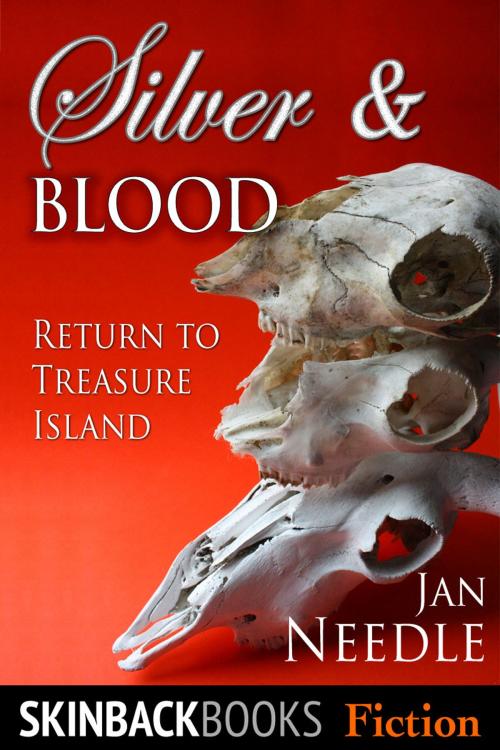

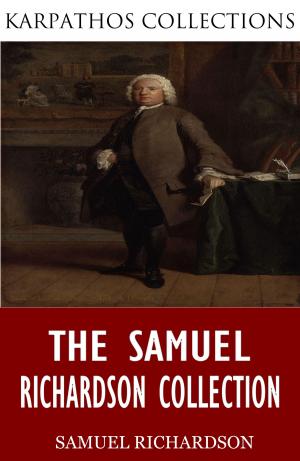

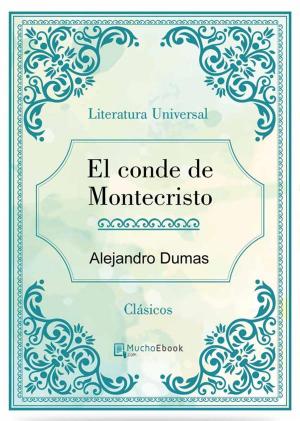

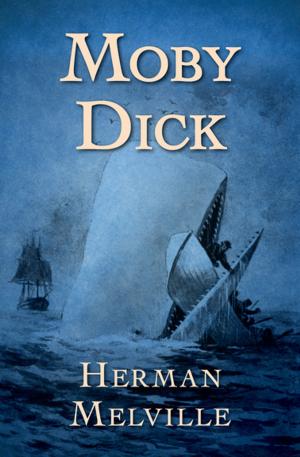

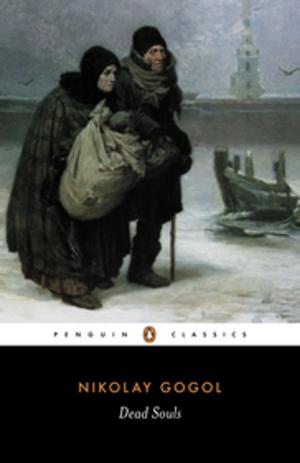
![Cover of the book The Battle Of The Strong [A Romance Of Two Kingdoms], Volume 2. by Jan Needle](https://www.kuoky.com/images/2009/december/300x300/30000013755-r1VN_300x.jpg)
